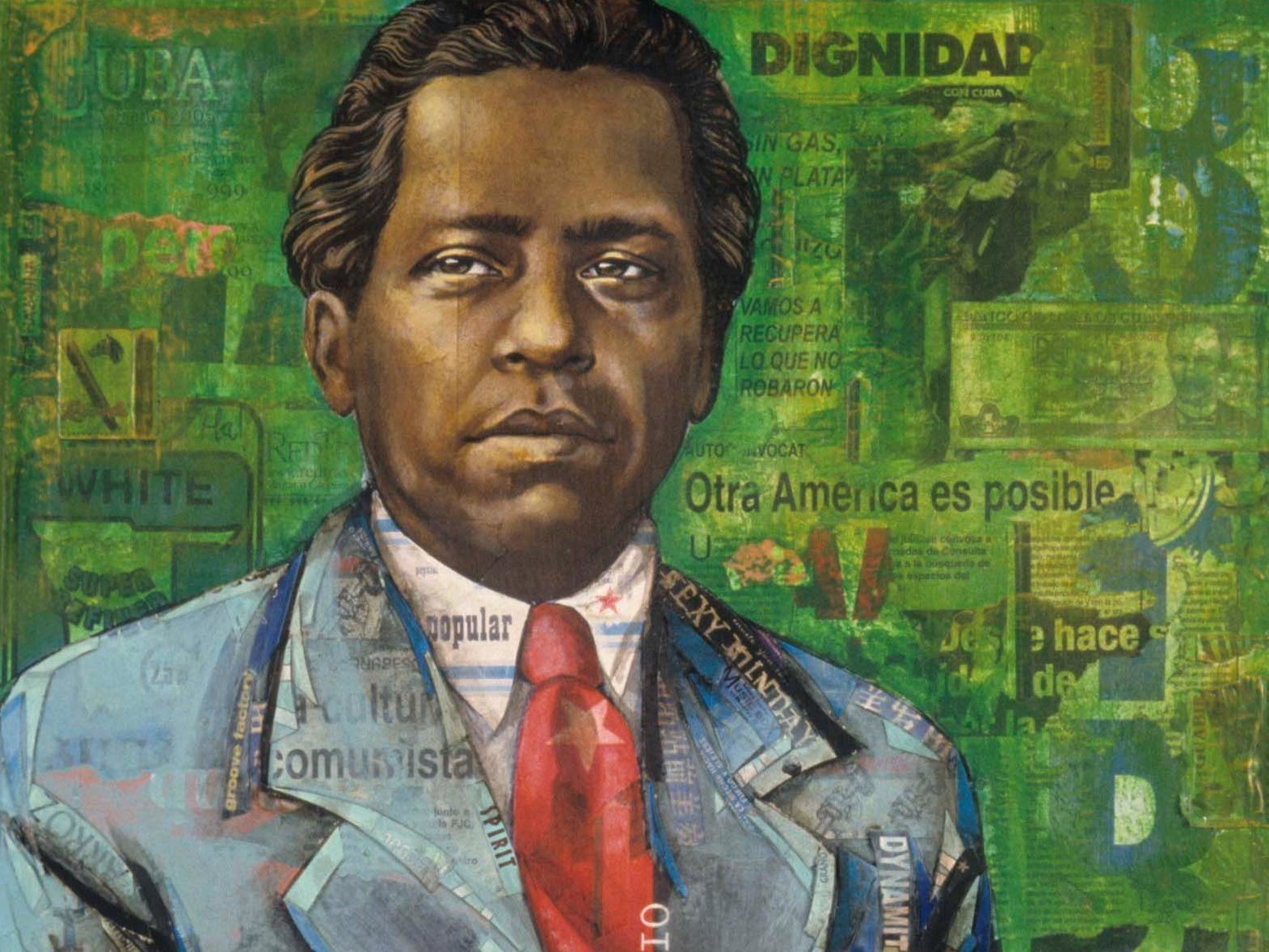
Nicolás Guillén: The Struggle against Two Racisms
Reading by Carmen Gómez García
In this essay, excerpted from a chapter on the history of Cuban social poetry, Gómez García introduces the reader to Guillén’s poetry about racism in the United States. This is an ideal text for classes on poetry, Spanish, 20th-century U.S. history, and Latin American history.

W. E. B. Du Bois to Coretta Scott King: The Untold History of the Movement to Ban the Bomb
Reading by Vincent Intondi
The Civil Rights Movement is often portrayed as purely domestic phenomena unrelated to foreign affairs, but many African Americans combined civil rights with peace, and thus broadening the Black freedom movement and helping define it in terms of global human rights.
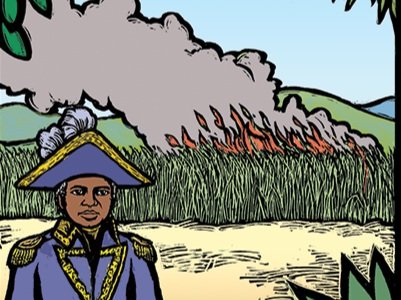
The Haitian Revolution: Central to U.S. History
Reading By Alana D. Murray
For Black people prior to the Civil War, the revolt of enslaved people in Haiti served as a beacon of freedom. These heroic actions of the Haitian revolutionaries resonated well into the 20th century. The events of the Haitian revolution shaped a Pan African identity that influenced the thinking of leaders in the Civil Rights Movement and the Black Power Movement.
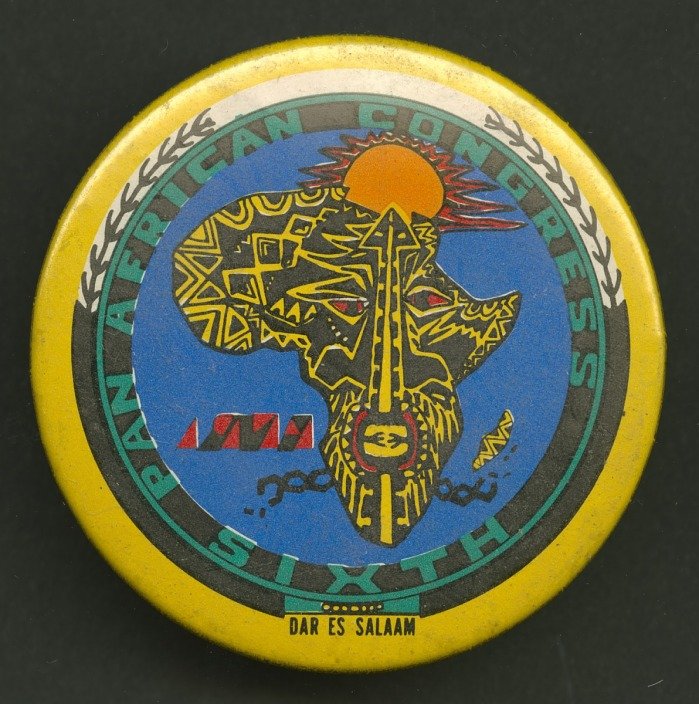
SNCC: International Connections
Reading by SNCC Digital Gateway
Growing up in the 1950s and 1960s, SNCC members were also influenced by the rising tide of liberation movements that followed World War II. As their commitment to the movement increased, they linked their own struggle for civil and human rights at home with anti-colonial struggles in Africa, Asia, and Latin America.
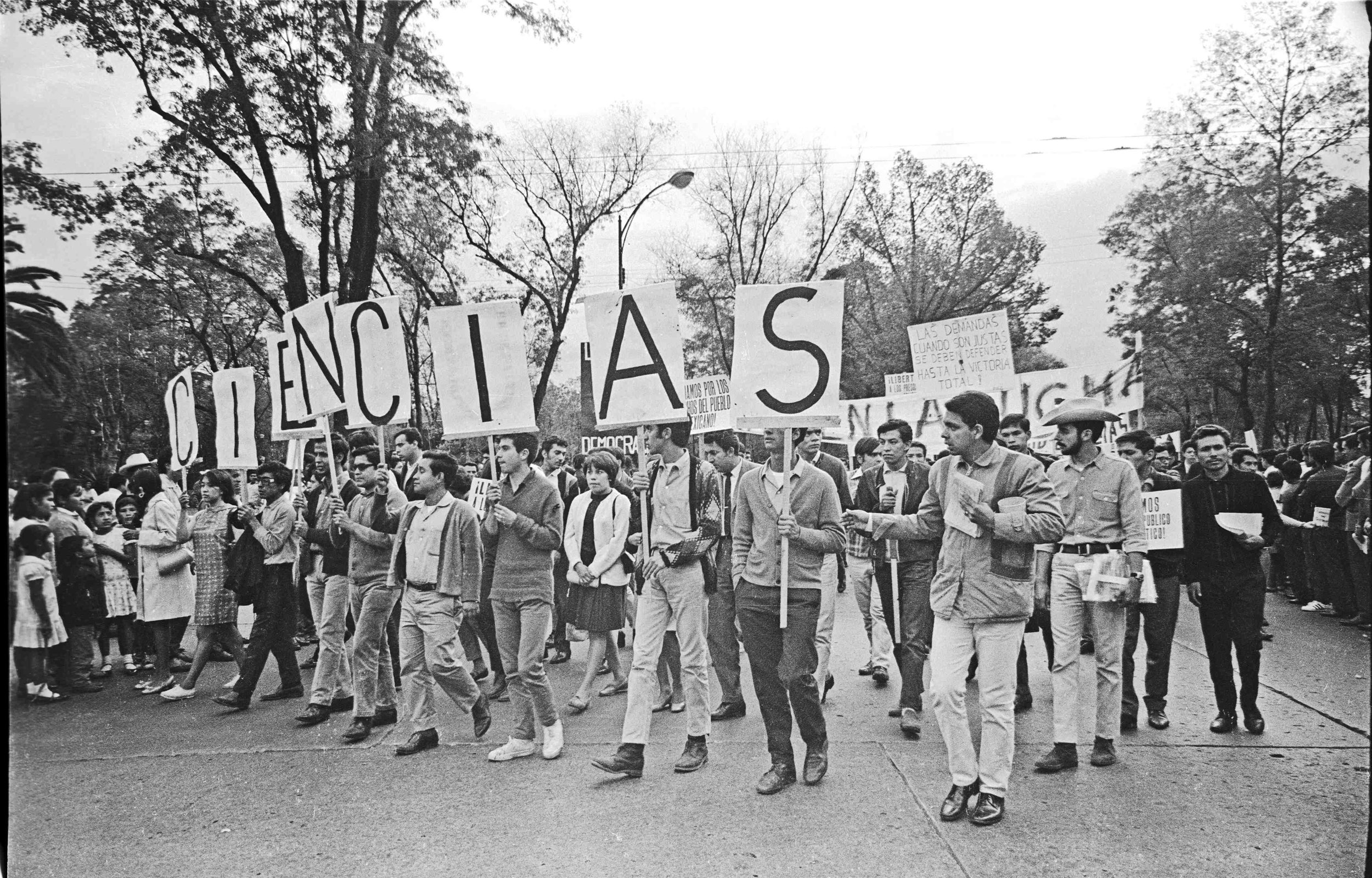
SNCC Memorandum of Solidarity with the Students of Mexico, October 1968
Primary Document by Student Nonviolent Coordinating Committee In 1968, students organized to protest the lack of true democracy in Mexico. The tension began in July, but the climax came on October 2, 1968 — 10 days before the Olympic games were to begin in Mexico City. On this date, the police and army fired on thousands of demonstrators. Hundreds were killed, thousands were beaten and jailed, and the government did its best to sweep the incident under the rug.
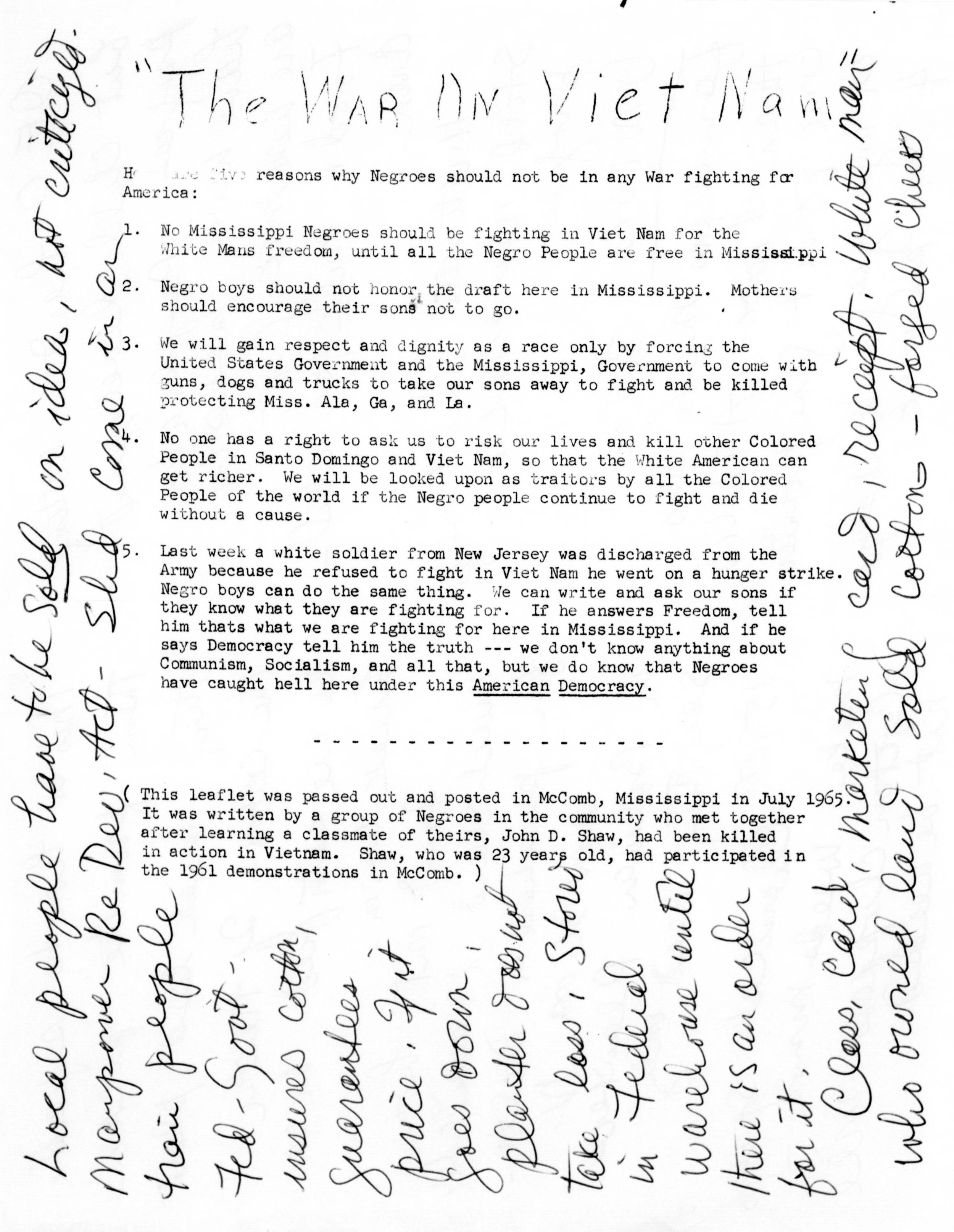
McComb Statement Against the Vietnam War, July 1965
Reading by SNCC Digital Gateway.
In July 1965, a group of young activists in McComb, Mississippi’s Movement learned that John Shaw, one of their former classmates at Burglund High School, was killed in combat in Vietnam. Their statement written in response about the reasons why African Americans should not serve in Vietnam was the first anti-war statement from within the Civil Rights Movement. It paved the way for SNCC to take a stance against the war.
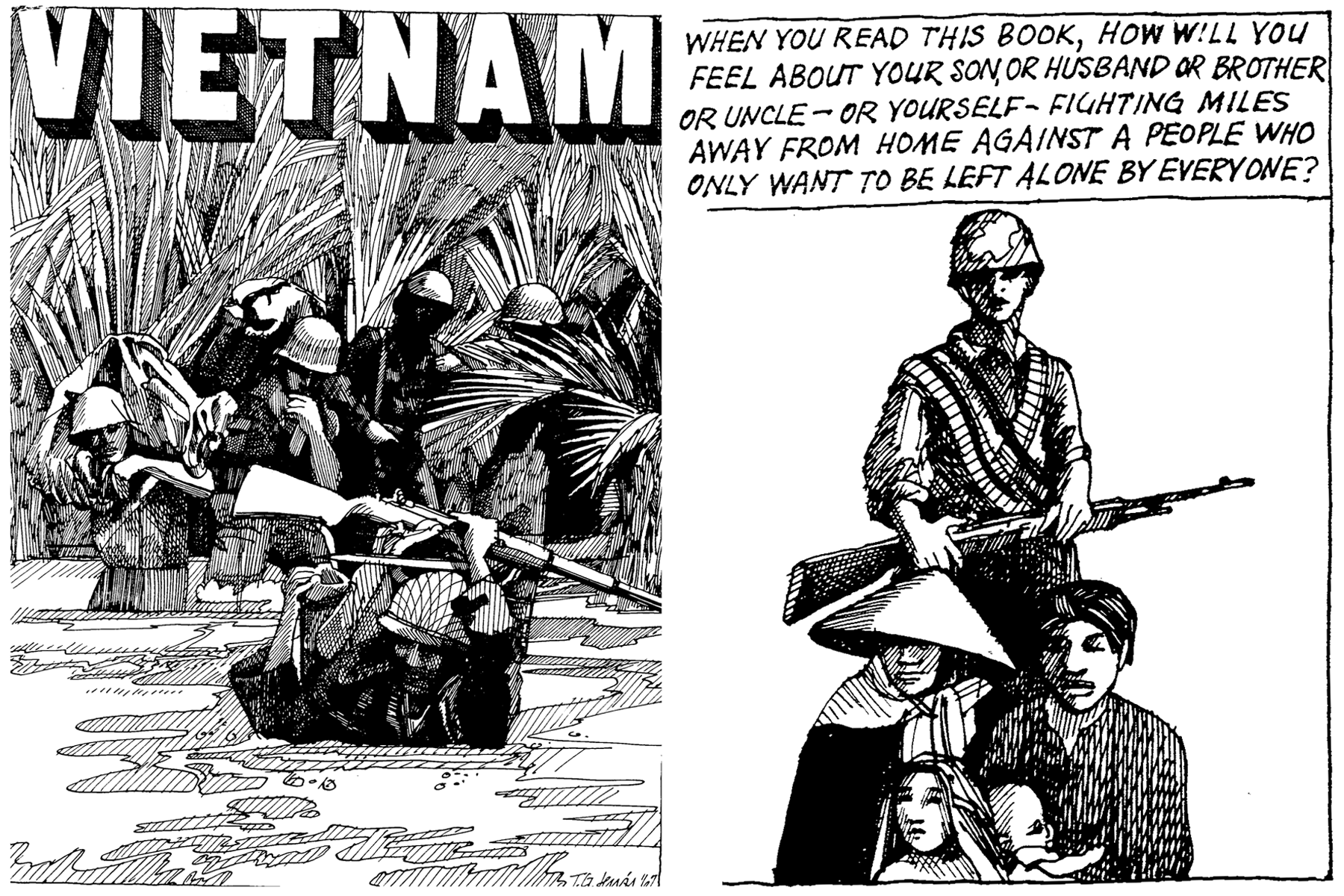
Vietnam: An Anti-War Comic Book
Primary Document by Julian Bond
A history of the Vietnam War and examples of African American opposition to the war, presented in an easy to read comic book format.
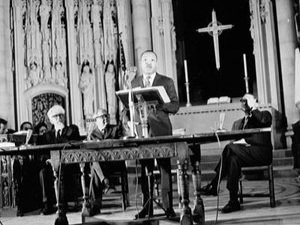
Beyond Vietnam — A Time to Break Silence
Reading by Martin Luther King Jr.
On April 4, 1967, exactly one year before his assassination, Martin Luther King Jr. delivered his first major speech on the war in Vietnam. In this speech he links the escalating U.S. commitment to the war in Vietnam war with its abandonment of the commitment to social justice at home. He calls for a “shift from a ‘thing-oriented’ society to a ‘person-oriented’ society” and for us to “struggle for a new world.”

American Exported Black Nationalism
Reading by Yohuru R. Williams
This essay explores how SNCC and the Black Panther Party contributed to the concept of a worldwide freedom struggle in the late 1960s and how their efforts were received abroad.
